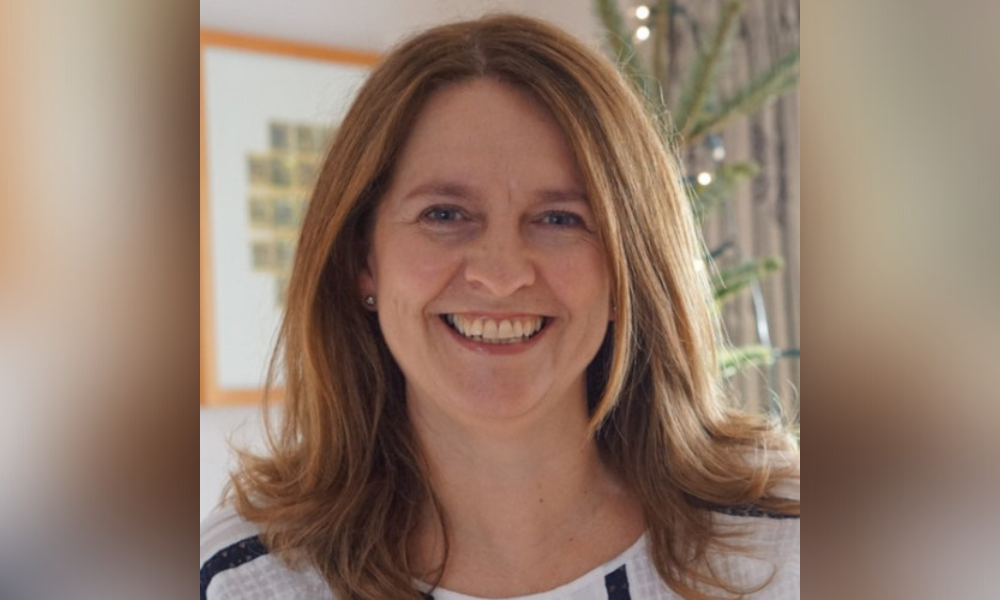Prime Minister Liz Truss has frozen energy bills at £2,500 for two years

The cost-of-living crisis is continuing to cause concern for homeowners as well as those within the mortgage industry.
Prime Minister Liz Truss has frozen average energy bills at £2,500 a year for two years in a bid to protect all households from soaring gas and electricity prices. Without this intervention, the average household energy bill would have jumped 80% next month, from £1,971 to £3,549 a year.
While this announcement will bring reassurance for some, many customers signed up for fixed-rate deals prior to the freeze, which will mean they will be paying a far higher rate for their energy use than they would on a standard variable tariff.
“Twice a year we publish our Mortgage Lender Benchmark which dissects the state of the mortgage industry according to the views of over 650 mortgage brokers,” said Jacqueline Dewey (pictured), chief executive of Smart Money People. Not surprisingly, she explained that one of the key themes of the most recent report was the cost-of-living crisis.
“Brokers were concerned about the impact of increasing living expenses on their clients, with 38.9% predicting challenges when needing to make changes to lifestyle,” she added.
Read more: Thousands could miss out on mortgages due to rising energy costs – research
Ideally, Dewey outlined, brokers would prefer to see lenders keep rates as low as possible, with several sharing their views that lenders’ margins could be reduced to help support the lower rates, especially with margins currently perceived to be high among some lenders.
Rob Gill, managing director and co-founder of Altura Mortgage Finance believes because of the increases to the energy price cap, it is less likely the Monetary Policy Committee will continue upping rates.
“This backdrop must make it less likely the Bank of England will hike interest rates in 2023, especially as utility bills affect far more households than rising mortgage rates,” Gill said, speaking prior to the economic fallout of the recent mini budget which prompted the BoE to suggest further rate hikes were imminent.
Indeed, he explained that, prior to that mini budget prompted collapse, some forecasters were starting to predict base rate cuts next year as the reality of skyrocketing utility bills started to bite.
Within the Mortgage Lender Benchmark report, Dewey noted that brokers felt flexibility would go a long way to supporting borrowers during this period of uncertainty.
“Brokers suggested that lenders should allow borrowers to increase the length of their mortgage term if needed, helping to reduce initial monthly costs,” she said.
In a similar vein, Dewey said some brokers believe that payment holidays, which became more mainstream during the pandemic, could help lenders continue to support their borrowers over the coming months. She explained that brokers feel lenders would be best placed to remind customers about this financial cushion again now, rather than waiting for them to get into arrears.
“Other ideas included a move to interest-only products during the mortgage term or allowing for greater flexibility with underpayments,” Dewey added.
Charlotte Grimshaw, head of intermediary relations at Suffolk Building Society, outlined that, naturally, any sharp increase in household bills has a knock-on effect on household finances, and can lead to uncertainty about the future.
While the increase in October will now be far less than previously expected, it will still have an impact on homeowners, with many already struggling to balance their monthly repayments.
Read more: Energy prices expected to rise further than predicted – what does it mean for developers?
Now, more than ever, Grimshaw said it is important that borrowers who may struggle to pay their bills speak to their credit providers as early as possible, as electricity and gas use will only increase as we head into the darker, colder months.



